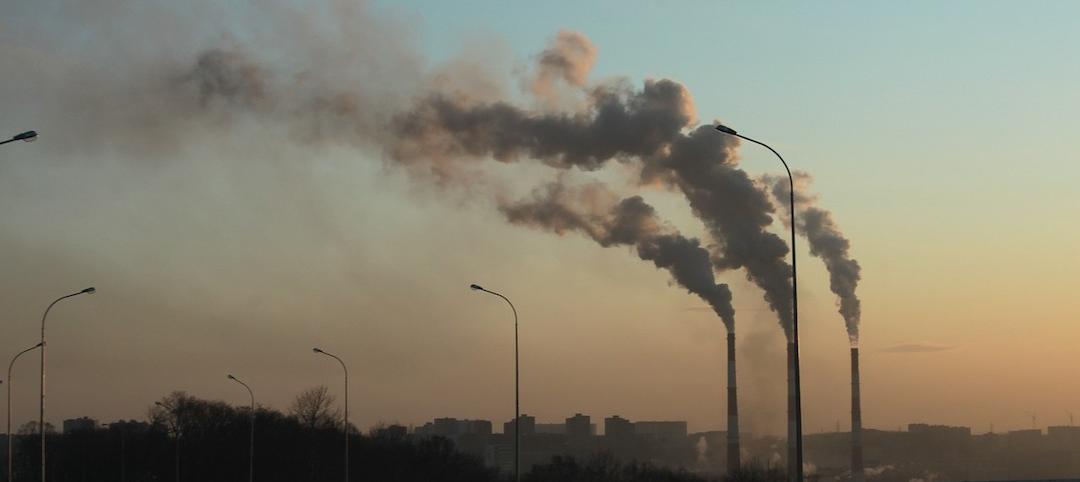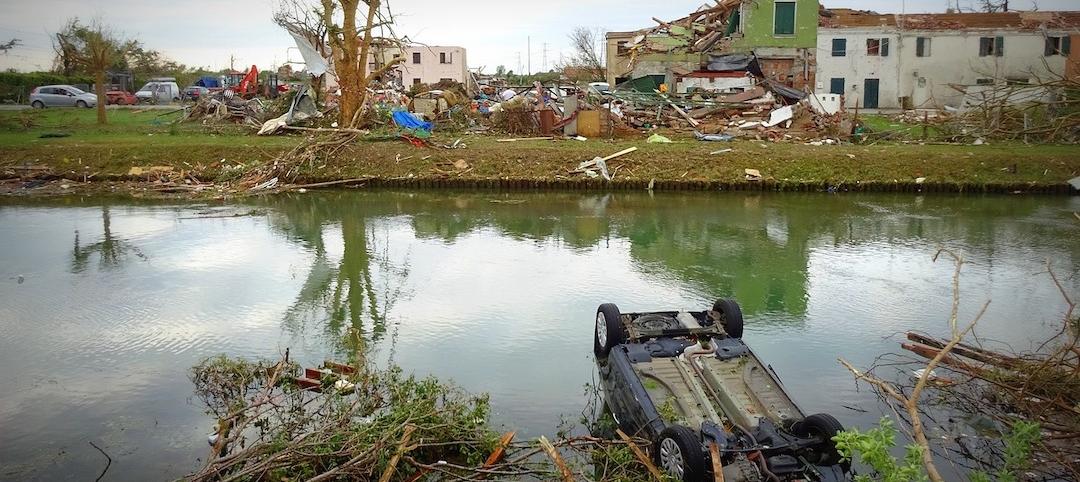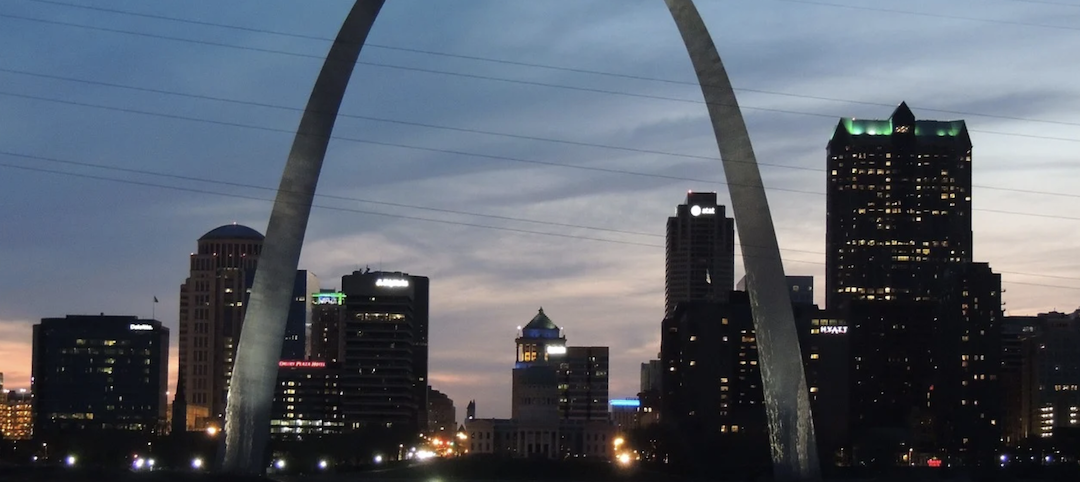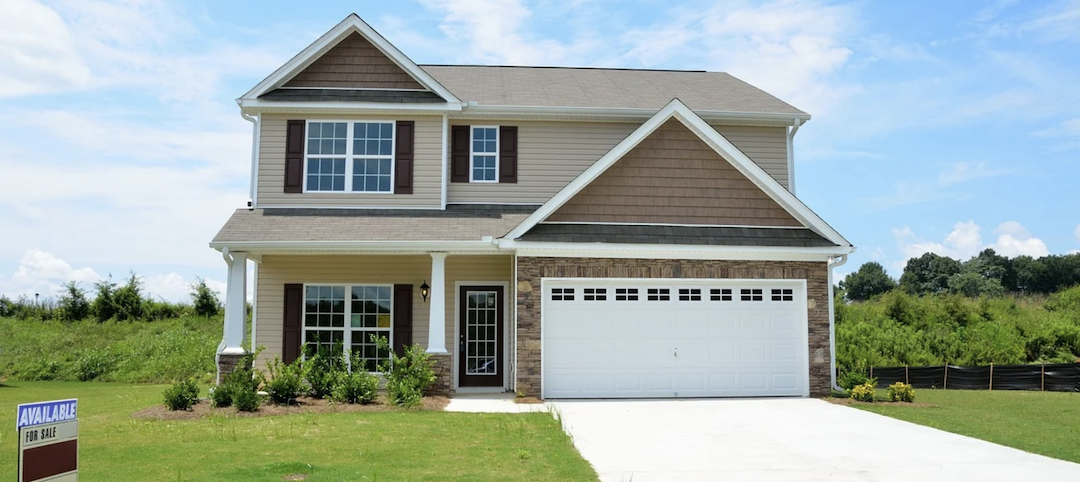The Washington D.C. Council recently passed legislation that will make it more expensive for owners to hold vacant or blighted property.
The Vacant Property Enforcement Act of 2016 reduces the maximum amount of time a vacant property can qualify for an exemption from higher vacancy tax rates. It also closes a loophole that allows continuous renewal of construction permits to qualify for tax exemptions, and require owners of vacant properties to prove they are no longer subject to the higher tax rates.
"The District has a substantial number of vacant properties, many of which are poorly maintained,” the bill report says. "Property owners may keep their properties vacant or fail to maintain them because they expect property values to rise over time. Poorly maintained and vacant properties can damage surrounding communities by being eyesores, by serving a venue for drug use and by providing a home for rodents or other animals. The net effect is to reduce the feeling of a cohesive community and depress surrounding property values."
The legislation reduces the time an owner can claim an exemption from higher taxes because of construction to one year for residential properties and to two years for commercial properties. Fines for failing to comply with city property regulations will rise from $1,000 to $5,000.
Related Stories
Codes and Standards | Jan 4, 2022
Architects at New York firm take steps to unionize
Support for unionization reported at two other New York firms.
Codes and Standards | Jan 3, 2022
Biden’s executive order for a carbon-neutral government includes green materials mandate
As a driver of demand, federal procurement impact could ripple through the economy.
Codes and Standards | Jan 3, 2022
Controversial California solar power incentive proposal would reduce subsidies
Plan intended to encourage customers to install power storage systems.
Codes and Standards | Jan 3, 2022
New York City bans new gas hookups
Applies to gas stoves, boilers, and heaters in new buildings and buildings that undergo gut renovations.
Codes and Standards | Jan 3, 2022
New engineering guide on fire safety for very tall buildings released
Topics include emergency egress, fire resistance, building envelope, suppression, detection, alarms, and smoke control.
Codes and Standards | Dec 22, 2021
Updated ASCE 7-22 standard includes first-ever criteria for tornado-resistant design
New document provides up-to-date, coordinated loading provisions for general structural design.
Codes and Standards | Dec 21, 2021
Outdated and redundant building codes plague St. Louis area development
Region’s combined codes nearly double the length of the IRS Code.
Digital Twin | Dec 20, 2021
Groups ally to advance augmented reality and digital twin technology
AREA and Digital Twin Consortium to work on improving how technology components interoperate.
Codes and Standards | Dec 20, 2021
Tension rises in California over state’s push to build more housing
Attorney general hints at lawsuits against cities that don’t comply with zoning reform.
Codes and Standards | Dec 17, 2021
Tension rises in California over state’s push to build more housing
Attorney general hints at lawsuits against cities that don’t comply with zoning reform.

















